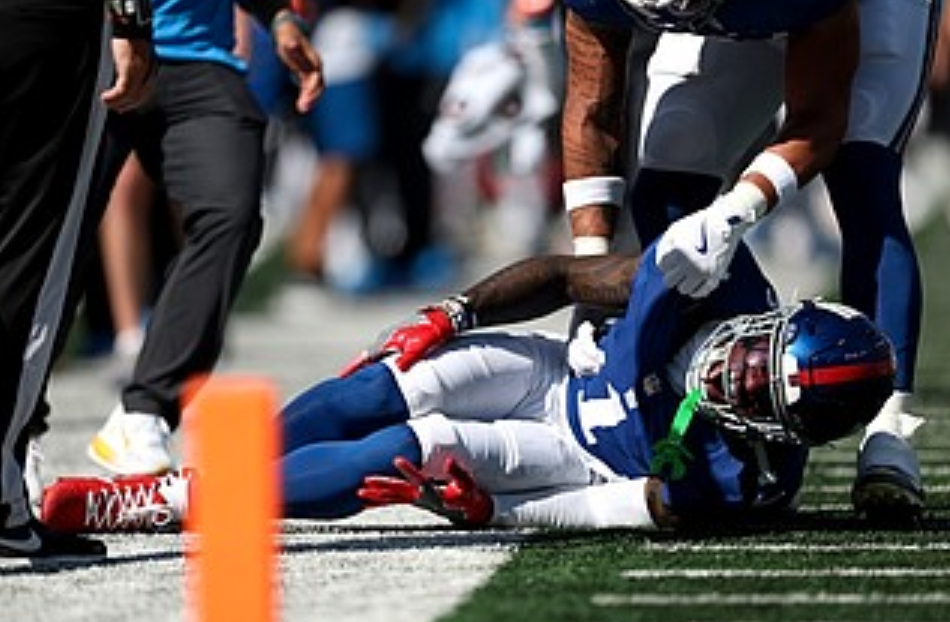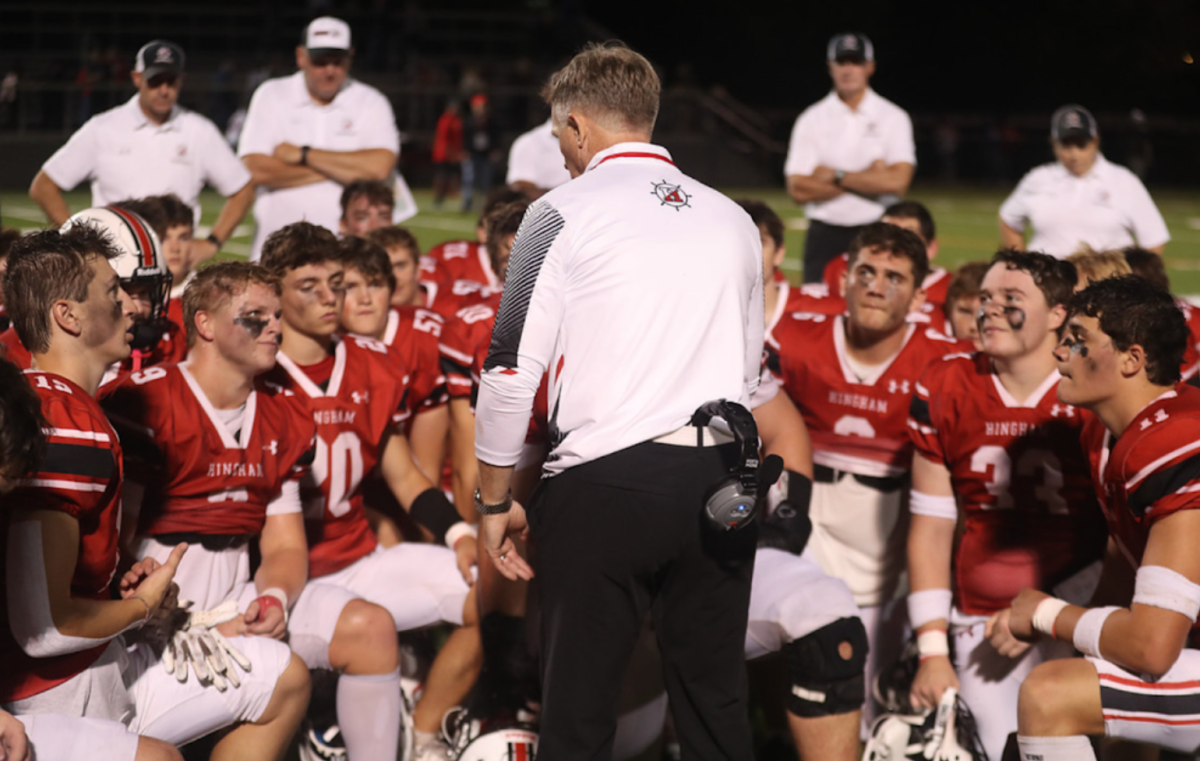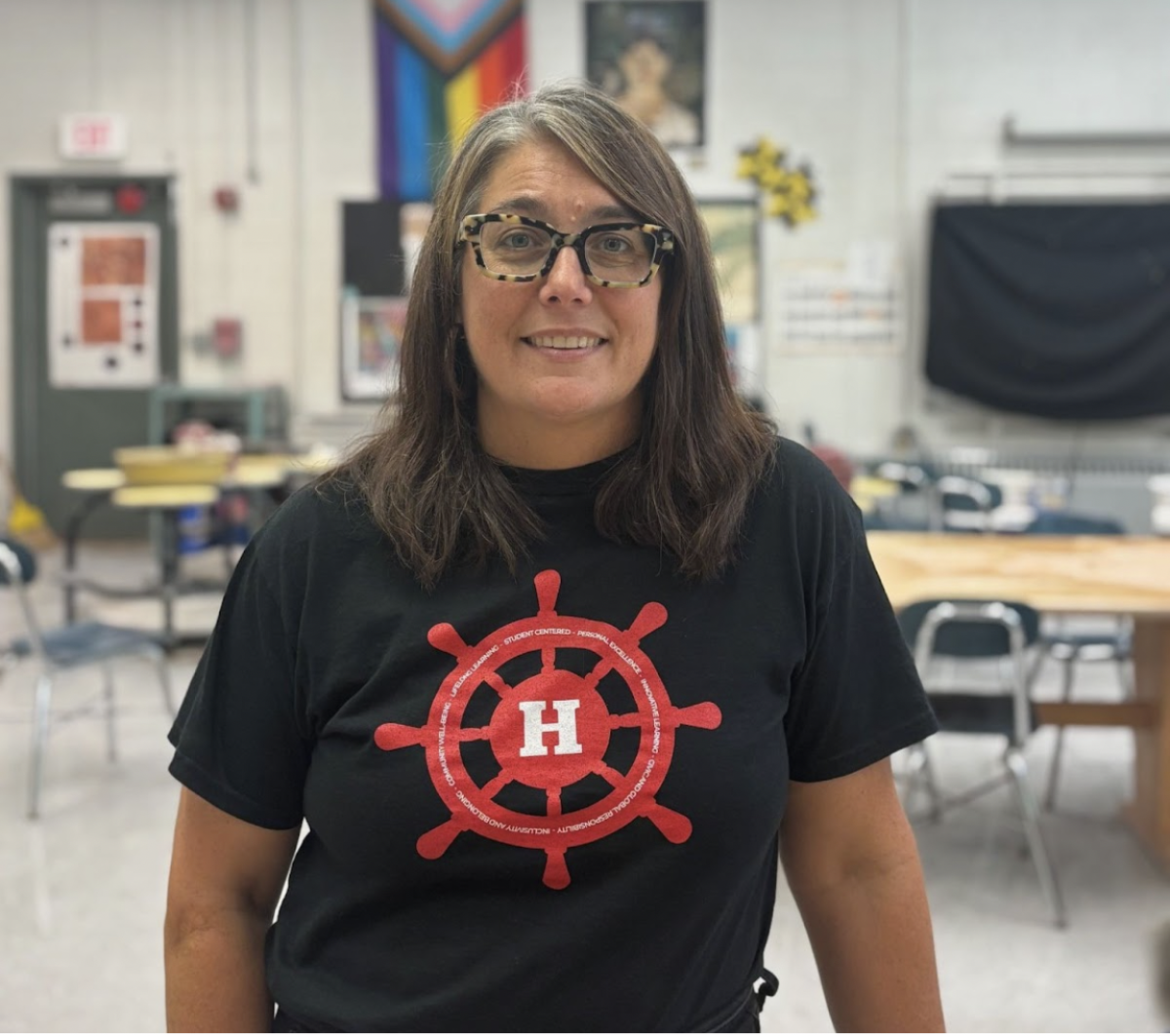Row hard or Row home
Lincoln Maritime Center during the first week of the 2016 Spring season.
April 13, 2016
They carry around heart rate monitors, athletic tape, a wrench or two, and an extra pair of socks: who are they? The Hingham High School Crew team, in operation since 2005 and prospering with new members ever since.
A day in the life of a rower consists of six days of two hour workouts a week with an “all day long” regatta on the weekend. Most practices take place on the water at Lincoln Maritime Center, when the weather is nice, but sometimes, the conditions are too dangerous and the athletes, they workout on the dreaded ergometer, run, and aerobically exercise.
During the Fall and Spring months, Hingham residents commonly see HHS rowers running alongside Route 3A, into either Crow Point or World’s End. These runs, alongside the ergometer workouts, help the team perform better on the water and increase their tolerance for exhaustion.
Such a demanding schedule pushes rowers who already have a lot on their plate with social, academic, and family demands. Molly Maraval, a sophomore rower, said “It sometimes is hard to balance school, my social life and crew. What I do in school comes first then crew.” When asked to compare crew to her past experience with other sports, Maraval added “crew is a grind, I also play volleyball. Crew requires more of you physically and mentally than volleyball.”
Sophomore coxswain Maeve McAuley agreed with Maraval, adding “I think crew is a great body and mind exercise. I think it uses more muscles than most sports because a rower needs core strength, leg strength, arm strength, and mental toughness. I think the mental toughness is what separates the best rowers from the worst because you can do the same workout as the person next to you, but if you say you can’t do it, then the workout does nothing, you won’t do well. If you wake up for a 5am hating everything about the sport, you will let that affect your rowing. Pretty much what I’m trying to say is that it’s a technical sport and a lot of factors play into whether you succeed or not.”
McAuley recently switched from being a freshman rower to a varsity coxswain this year. She shared her thoughts on the transition, saying “As a coxswain everything is a mental game. You have to be organized, and calm at all times because if you are not calm, then your boat will be nervous and stressed. You also have to be confident because you need your crew to trust you because every time you go on the water your crew trusts you with their safety which is really stressful.”
McAuley and her teammates stress the importance of having to “stay in their lane” and perform to their best ability both on and off the water. Like many members on the team say, you either “Row hard or go home.”
































